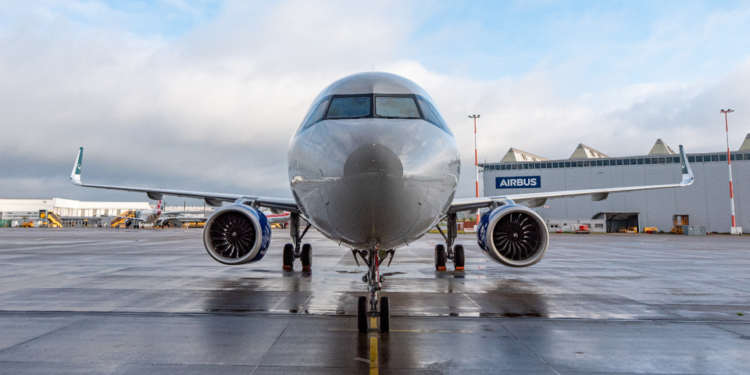Nigeria owes foreign airlines $450 million
Twelve African countries have collectively blocked airlines from repatriating US$1 billion to their home countries, and Africa is responsible for 67% of airlines’ blocked funds globally.
One country stands out – as of May 2022, Nigeria was hanging onto $450 million in funds belonging to foreign airlines, and one of the consequences is flights to that country cost six or seven times more than flights to comparable flights. And the amount Nigeria is holding onto is increasing weekly.
Speaking at IATA 2022 in Doha, Kamil Alawadhi, IATA’s Regional Vice President for Africa and the Middle East, said resolving the issue of blocked funds was a key priority for IATA. Nigeria is the biggest economy in Africa and the world’s tenth-largest oil exporter with a population exceeding 200 million – it’s not a market many airlines can easily ignore.
Qatar Airways, Delta Air Lines, Ethiopian Airlines, Emirates, Lufthansa, British Airways, and Turkish Airlines number among the high-profile foreign airlines flying into Nigeria. While they pocket the fares sold to passengers in markets outside Nigeria, collecting monies from fares sold to passengers in Nigeria is a trickier issue. Emirates boss Tim Clark has previously highlighted the issues his airline faces regarding Nigeria’s recalcitrance.
Mr Alawadh says ongoing problems with blocked funds are extremely damaging to the airline industry. “This is sad to see that one country almost contributes about 25% of global funds. Some countries have reasons you can understand for not releasing our cash, political reasons, and economic reasons, but releasing blocked funds has been one of our priorities.”
Elsewhere in Africa, Zimbabwe is holding onto around $100 million, Algeria about $96 million, Eritrea has around $79 million belonging to foreign carriers, and Ethiopia is retaining about $75 million.
Mr Alawdh says IATA doesn’t always know the exact reasons why Nigeria and other countries retain funds belonging to foreign airlines. Still, he does say it is often a question of priorities set by governments and central banks. When there is a limited pool of capital, including hard currencies, to go around, there is tough competition for what money is available.
Some countries are incrementally working to pay down amounts owed – a development IATA welcomes. Other nations like Nigeria, where the problem is escalating, are tougher to deal with.
IATA’s Regional Vice President says there are multiple consequences for the airline industry. Individual airlines are out of pocket. Consequently, fares on flights to Nigeria are exponentially high to cover that portion of tickets the airlines where the airlines cannot pocket the revenue.
Retaining money belonging to airlines also discourages other airlines from serving the market, reduces connectivity, and reduces options for passengers.
“It’s been a hectic ride with Nigeria,” says Mr Alawadh. He says he’s met with the Nigerian Vice President over the matter and adds there’s awareness at the top levels of Government there that they need to address the issue. “You keep chipping away and telling them that this will damage the country down the road.”








